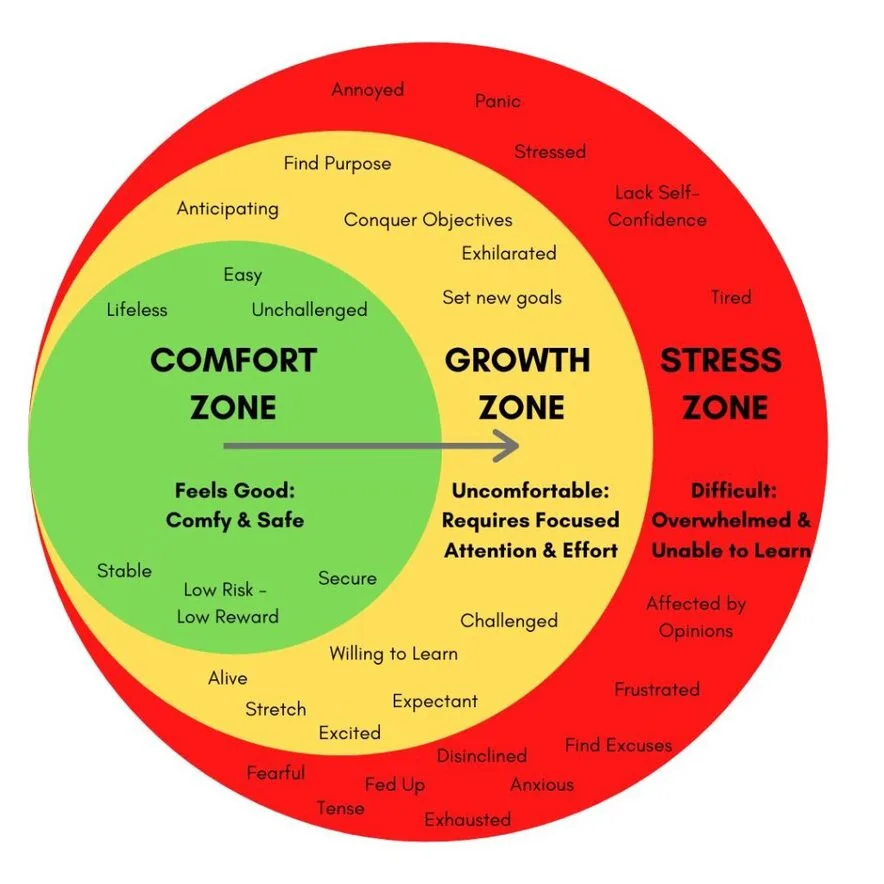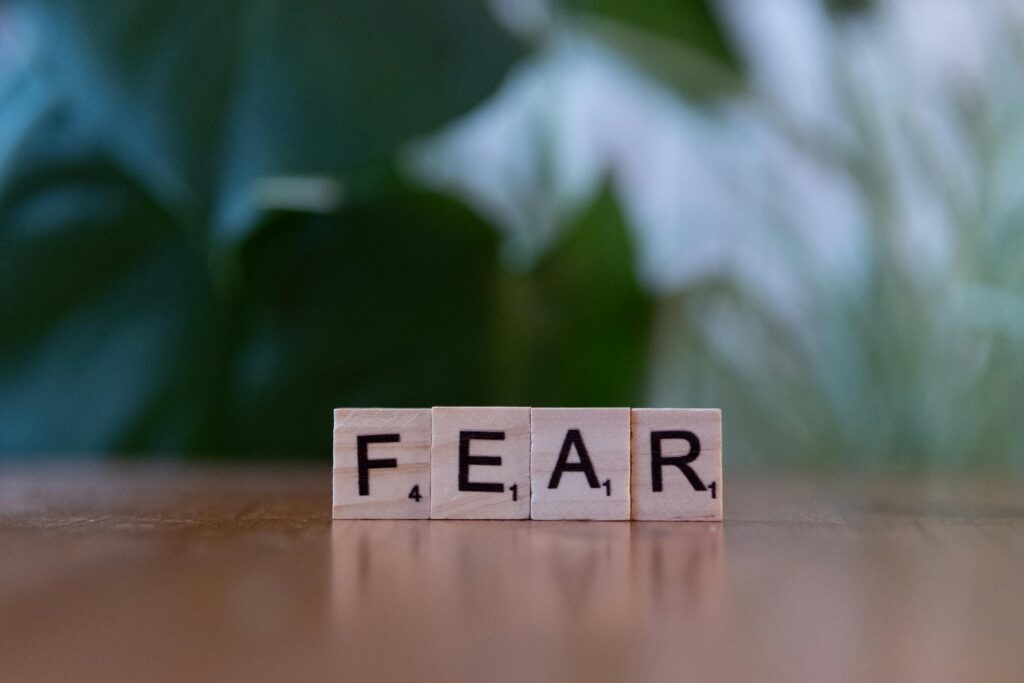
Photo by Tom Fisk
Sky Diving is a very volatile topic. For some people, it is number one on their bucket list. For others, it is number one on their list of things they swear they will never try. Why do some people fear it while others seek the thrill? Well, there is actually some fascinating psychology around the idea of sky diving.
1. Sensation Seeking
This is a well-researched personality trait studied by psychologist Marvin Zuckerman. Sensation seekers are people who crave novel and intense experiences—even if they involve some risk.
- Skydiving hits all the marks: high adrenaline, novelty, unpredictability, and physical challenge. Sensation seekers tend to enjoy extreme sports more and feel less fear during them.
2. The Role of Adrenaline and Dopamine
Skydiving triggers your body’s fight-or-flight response—adrenaline spikes, heart rate goes up, senses sharpen.
- The brain also releases dopamine, a feel-good neurotransmitter, especially after landing safely.This neurochemical mixture creates a euphoric “high” that can become addictive to some.
3. Perceived vs. Actual Risk
Interestingly, skydiving is much safer than people think when done properly. The fear often comes from the perceived danger, not the actual statistical risk.
- This links to cognitive psychology—how our brains assess (and often overestimate) danger.Training and familiarization help reframe the experience and reduce fear.
4. Flow State
Described by psychologist Mihaly Csikszentmihalyi, a flow state is that feeling of total immersion and focus.
- Many skydivers report entering a flow state during the jump—time feels slower, awareness sharpens, and there’s a deep sense of being present.This can be deeply fulfilling and even meditative for some.
5. Mastery Over Fear
Some people skydive not because they’re fearless, but because they want to face fear head-on.
- This is a form of exposure therapy in a way—confronting the fear in a safe, controlled environment helps some feel more confident and in control of their emotions in general.
How to Overcome Your Fears of Sky Diving
If you have always wanted to go sky diving but are too nervous to try, here are some types to help ease some of those anxieties:
Start Slow
Begin by watching videos or going to a wind tunnel to get used to the feeling of freefall without the height.
Learn Everything
Fear often comes from the unknown. Learn as much as you can about the equipment, the process, and the safety protocols. The more you know, the less scary it seems.
Go with a Friend
Having a buddy can make the whole thing feel less intense. You can encourage each other through the anxiety.
Do It With Professionals
Go to a reputable skydiving center with experienced instructors. Knowing you’re in good hands can make a huge difference.
Visualize Success
Close your eyes and imagine the jump going perfectly. The more your brain gets used to the idea, the less shocking it becomes.










